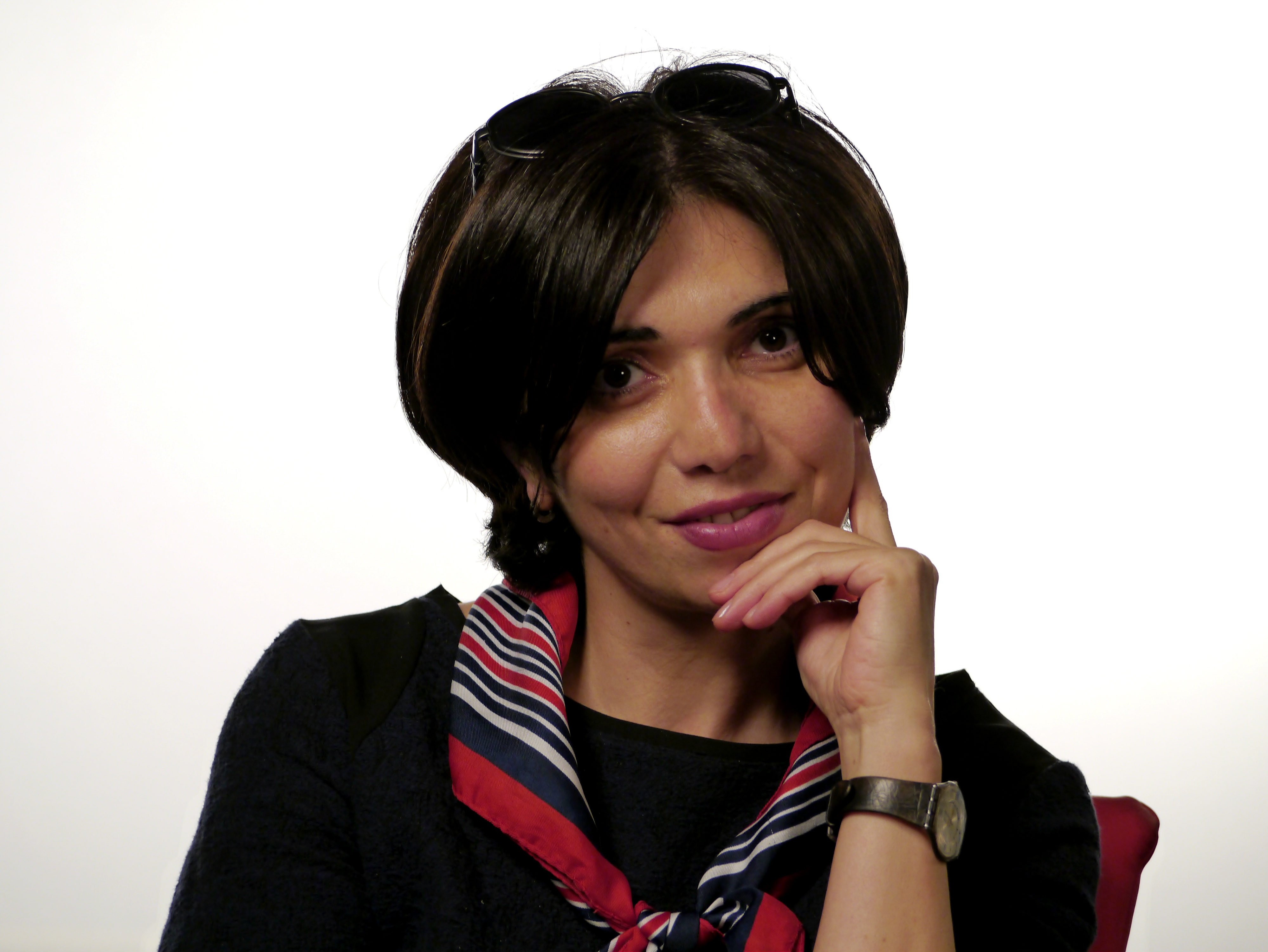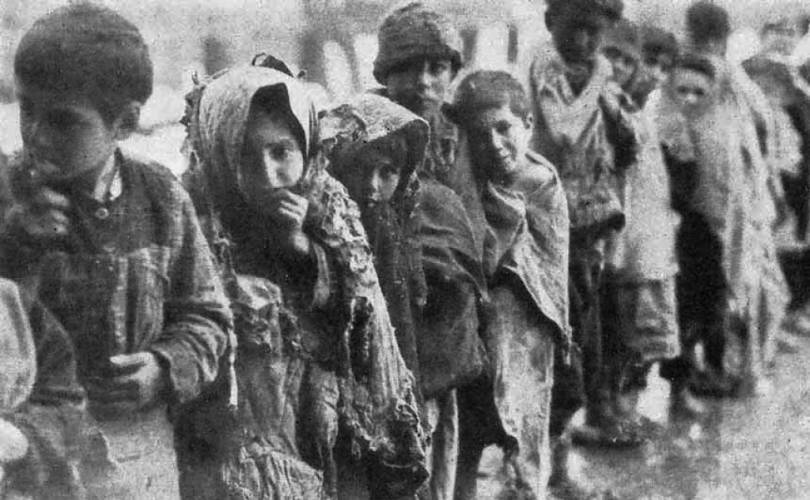As we try to understand why the 1915 Genocide was possible today, so too immediately after the Genocide, the political thought gave this question and proposed versions of answers.
It is almost impossible to get accurate information from the Western Armenian press in 1915. The newspapers of the Istanbul-Armenian, Smyrnian-Armenian newspapers have not been preserved, especially in that period, there were no readers left in Constantinople, Smyrna.
During World War I, in Constantinople, four Armenian newspapers, such as “Byzantium,” “Zhamanak,” “Last News,” Armenian-language “Eastern Heritage” were published. These newspapers, however, were censored to the extent that only a small column in the newspaper was given a spot with the title “Armenian National News.” The column also contained rumors about the internal problems of the Patriarchate. There was no response to the deportation of Armenians, of mass murders.
Attempts were made to understand the causes of the Genocide and to find their own piece of the guilt in Tiflis, Baku, Europ and the US-based Armenian periodicals.
In an article titled “The Death of Turkish Literature and the Caucasian Intelligence,” we read “One night was enough, that the huge monuments of our literature would be ruined, and our chosen ones would fall into the grips of darkness. […] But the intelligentsia of the Caucasus actually express themselves as they should have? …. An editor said the other day, that very few Armenians in the Caucasus are familiar with Turkish-Armenian literature…. During these cruel days…it should not be unnatural when there is a reaction of wrath, should not one line be seen in the Caucasian press, in the face of a huge literature death,” (Van, 1915, N2, September 20, Tiflis).
Not being well-acquainted with Western Armenian literature was not the only reason why the “Caucasian Armenians” were the target of criticism. The article titled “Dishonor on the Black Cross” speaks of the indifference towards immigrants. “There were thousands and thousands of people in the land of torment… And as the incarnation, the embodiment of arrogance, they embraced the gates of your magnificent palaces with the hope of finding comfort and relief. But you didn’t bother to wrap their bleeding wounds with your frail, soft hands. You satisfied yourselves by throwing the crumbs left over from your bountiful table out of your bright windows in front of them. You are not Armenian, you are not human!” (Van, 1915, N3, September 27).
In addition to moral assessments, there are also political assessments, the content of which is current.
“Not only did our various parties not show the effort that was expected of them, but instead supported an external enemy with their remarkable spirit.
In our personal and nationalistic issues, our terrible ignorance has once again been revealed. Expressing our sympathy openly everywhere, without a political perspective, with the help of armed allies, without making any preparations thinking about the safety of our brothers in Tajikistan. We have given occasion to the implementation of Turkey’s and Germany’s black projects,” (Azg, 1915-1916, exceptional, Boston).
There is another article in the same issue titled “What To Do And What Not To Do.” “We adored the gospel too much, we gave to those who wanted, not a coat remained, not a blanket, we did not even show oppositional slaps, we tolerated in the Christian manner of doing things. We did not know anything, we did not know how to protect ourselves. Here is the secret of our misery” (ibid).
“We must tell the truth even if it is very bitter. And the truth is that we, Armenians, as in the Balkan War, so now, do not have a common political direction. And though we all support the idea of Autonomous Armenia, we have not yet managed to create conditions for the realization of our goals. Without a great power, to depend on our friends, it’s like riding someone else’s horse. […] The Armenian battalions do not represent the whole, the leaders of the Armenian battalions do not form a big union with each other, on the contrary, they hinder each other in the days of national supremacy,” (Hnchak, August 1915, Paris).
These assessments had been published on the days of the Genocide. The authors of the article expressed hope that the Genocide will be a lesson, not to repeat the mistakes we had made a hundred years ago.
Lilit Avagyan







